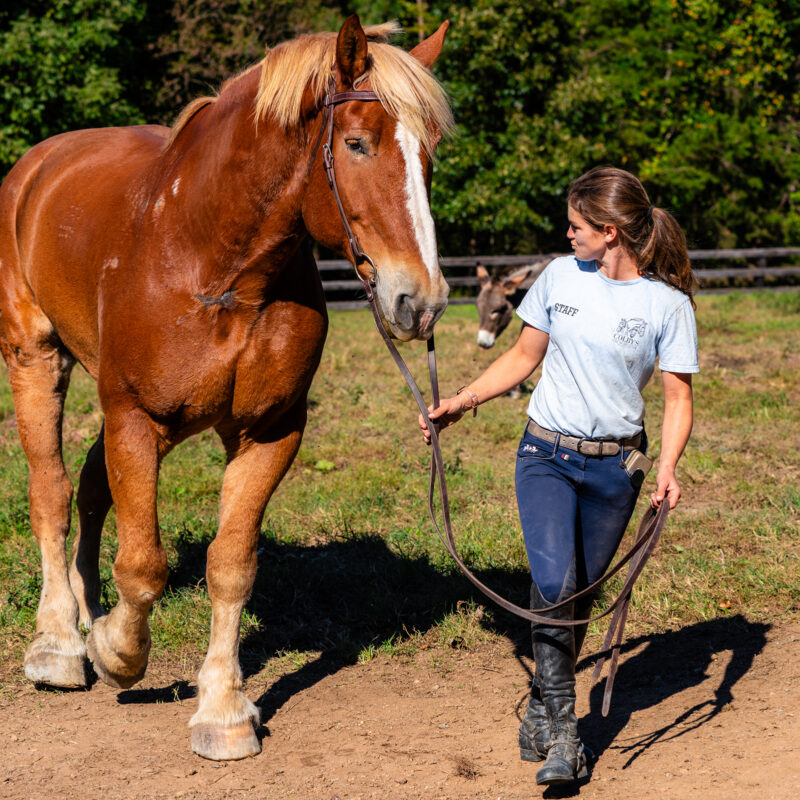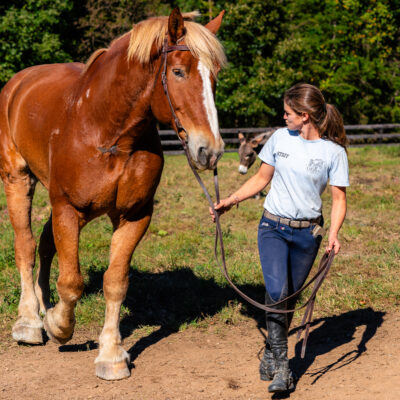)))/Spring_2012/kids_food.jpg) |
Keeping your children happy, healthy and energized can be a challenge. UVA Children’s Hospital dietitian Angie Hasemann offers some best practices.
Before school
Got a picky eater on your hands? Getting them to eat in the morning, especially, can be a struggle.
“For younger children,” said Hasemann, “I often emphasize making breakfast something to look forward to.” Think outside the cereal box and serve nutritious foods your kids enjoy, even if they’re not traditional breakfast foods. Sandwiches, sweet potato fries, fish filets—whatever they’ll eat without a battle.
Once you are past simply getting your child to eat something, Hasemann recommends three food groups for breakfast, including a whole grain and a type of dairy.
|
DIETICIAN-APPROVED! Banana chunks dipped in yogurt and rolled in granola/cereal Frozen yogurt and banana slices between two graham crackers Whole-grain pita stuffed with ricotta cheese, apple slices and cinnamon Whole-grain waffle topped with low-fat yogurt and sliced peaches Baked sweet potato fries Fruit and low-fat yogurt smoothie Pretzels dipped in mustard Apple rounds spread with peanut butter and sprinkled with granola and/or chocolate chips |
After school
Especially for active kids, after-school snacks are vitally important. Resist the urge to drive through McDonald’s on the way to soccer practice, as high-fat and high-sugar snacks will not provide the nutrition and energy needed to run around the field. Instead, give your young athlete a whole-grain snack chock-full of complex carbohydrates for energy—crackers, pretzels, granola bars. Fruits and vegetables with low-fat dips are also a good choice.
When practice is over, be sure your child refuels with some sort of carbohydrate/protein mix. If dinner is not yet ready, drinking a glass of chocolate milk is a tasty, healthy way to tide her over until dinnertime.
Before bed
Hasemann compares eating throughout the day to filling your car with gas on a road trip. Obviously you need to fill the tank at the beginning, but would you run to the gas station right before parking the car for a while?
Eating two hours before bed is ideal—any calories taken in closer to bedtime will not be used. So if your child insists on that late-night snack, stick to fruits, vegetables, 100-calorie packs—anything that is not very calorically dense.





